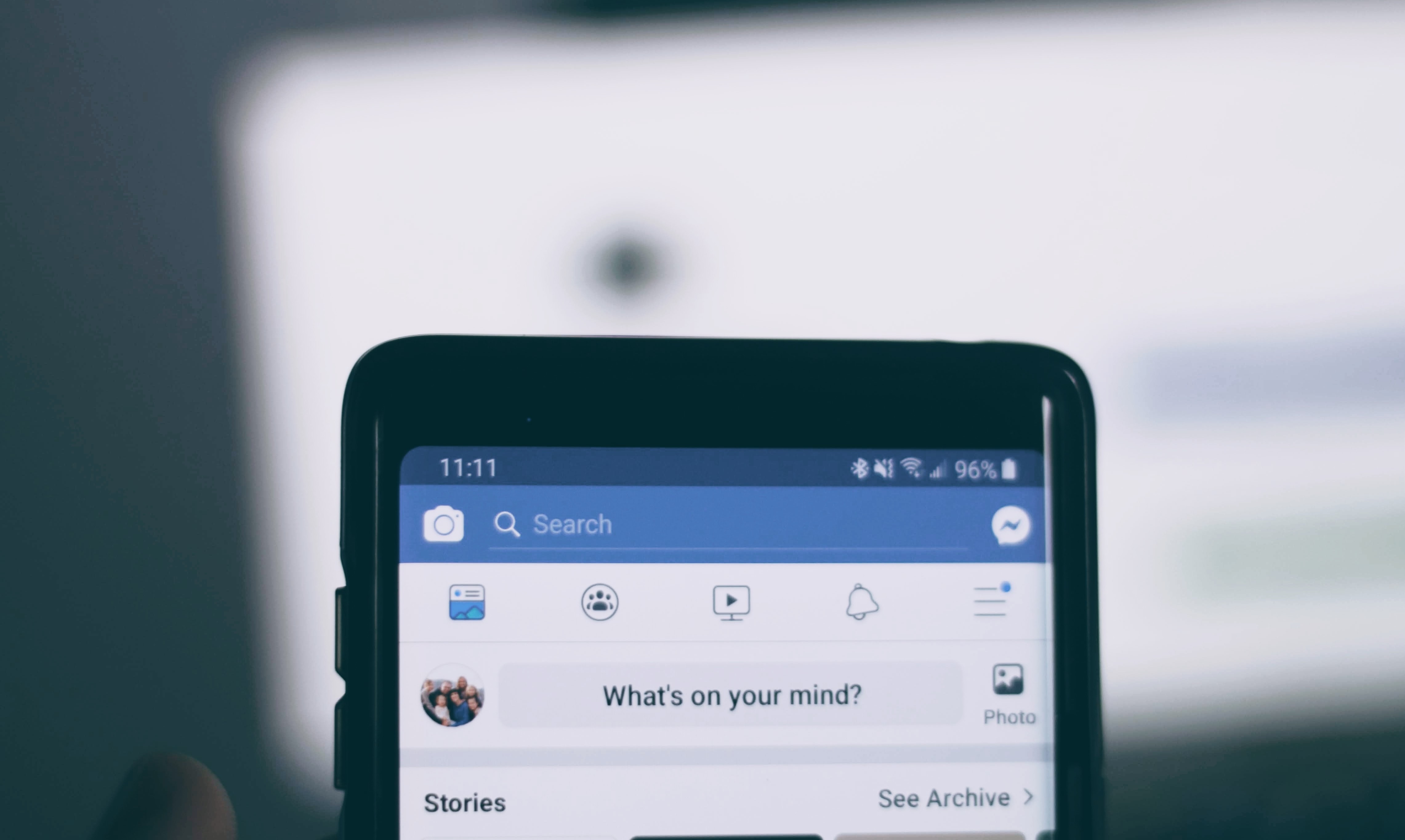Facebook has finally rolled out a feature that will change its relationship with the media industry—Facebook News. The new section will allow users to read the main headlines of the day and access those news stories through the app. In exchange for the ‘free’ content, the tech company is willing to pay some publishers. News outlets will get a distribution platform, and Facebook will be able to control the information that pops up on the app. It sounds like a sweet deal; at last, media outlets will get paid for their work. However, Facebook News brings up a question the company has been struggling with since before 2016—does the editorial role make Facebook a media outlet?

News has been present in the platform almost since the launch of the newsfeed. Users have been sharing and reading news stories on Facebook for years, which has brought problems like broad misinformation campaigns and fake news (read Facebook’s ban on extremist figures is not enough; we need more.) Moreover, Facebook’s relationship with media outlets has always been somewhat conflicted. The tech company promises outlets it will help get their content out, but at the same time, it gets ad revenues from their stories. Now the tech giant wants to take a step further, and instead of just letting users share content, it wants to control its distribution (read What Facebook’s latest attempt to control the media means.)
On October 25th, the Menlo Park-based company launched the section, making it available to some users in the US to test the feature. The launch was announced by two Facebook News executives on a blog post, explaining how the feature works. By clicking an icon at the bottom of the app, Facebook users can see headlines for top stories, click on them and go to the site to read the story for free. Subscription-based publishers, like the Wall Street Journal and the Washington Post, have struck a deal with Facebook. If the user accesses an article through Facebook News, that news story will be free and outside the paywall for that reader. Facebook is willing to pay up to $3 million a year for three-year contracts to some of the publishers. Others won’t get any money. But the company has highlighted they will get the possibility of signing up new subscribers or getting more traffic through Facebook. With 2.4 billion Facebook users, 1.6 billion daily as of the second quarter of 2019, that’s still an appealing offer.
What’s interesting about this initiative is the way news will be filtered. The blog post said, pointing at the new curation strategy: “People want and benefit from personalized experiences on Facebook, but we know there is reporting that transcends individual experience. We want to support both.” Facebook News will use a mix of editorial oversight and algorithms to filter the content, said the executives. It is hard to tell whether algorithms editorialize, but although platforms claim to use them to not discriminate between content, those algorithms are coded by engineers who have their own biases and views of the world. There is no doubt that these biases impact social media algorithms.
In addition, Facebook News will also employ a team of journalists to curate the section called Today’s Stories, with top news. This means there will be direct editorial decisions taken by the tech company. Facebook will decide which stories are essential and which outlets are relevant. Call it what you want, but what we are describing is a media outlet. The feature will include other sections, such as topic tabs and access to paid news subscriptions from the Facebook account.
For years, Facebook has managed to dodge the question of its own identity concerning the media. The platform claims it is not a media outlet as it does not create content; instead, it only shows what other people write. On this occasion, it also pays for it. With this definition, Facebook has been able to protect itself from liability under Section 230 of the Communications Decency Act of 1996. This piece of Internet legislation says that platforms are not liable for the content published in them; they must not be treated like publishers. Facebook just provides a distribution service.
With Facebook News, that might have to change. Reporters will be judging which stories are relevant, as in any other news organization. Newsletters, like theSkimm, do not create or write the news. They aggregate the content and curate it. Facebook News will provide a similar service. It will aggregate content, take editorial decisions regarding relevance, and provide access to the readers. The question about Facebook’s identity will arise again, and the answer to it is in the app. From our point of view, if human editors are deciding which stories matter, Facebook is effectively a media outlet. And, as such, it can’t avoid its responsibilities towards the readers for much longer. It needs to provide accurate, truthful, and fact-checked content. If it doesn’t, Facebook must be liable under the law.
For now, let’s see how the initiative works, which publishers actually sign up for it, and how many subscribers and revenue they get. With Facebook News, journalism will have a unique place within the social media app, which will resemble real life even more—Facebook has now a marketplace, groups, a public forum, it is trying to develop a currency, and a site for the press. But the question of whether it is a media company remains, and Facebook will have to provide a compelling response sooner or later. Creating new content does not define an outlet; some news organizations mainly perform other tasks like editing and aggregating content. In summary, Facebook News may become a hidden problem for the platform.
Watch this Associated Press video with Mark Zuckerberg explaining Facebook News:



This is a great topic
This is a very useful information.
Thanks for sharing.
This is very useful information I really love it,
This is quite informative . Thanks for informing ur readers.
I love what I read it great. A very useful piece of information
Facebook is a game changer . I love Mark for is innovation.
I cant just imagine what Facebook who look like in the next 10yrs , probably it would have surpassed Amazon buy value
Thanks for this info on facebook
thanks for sharing
Thanks for sharing this great content…